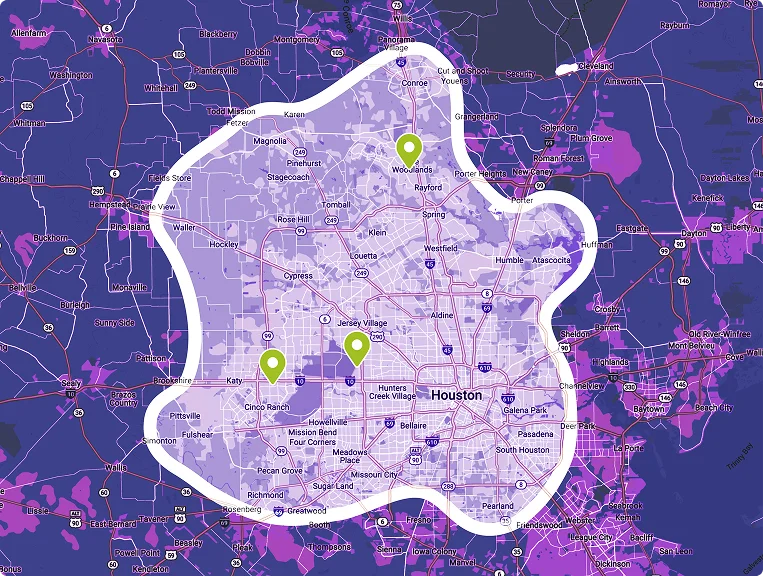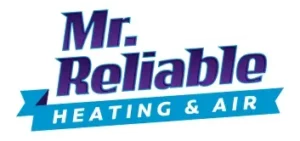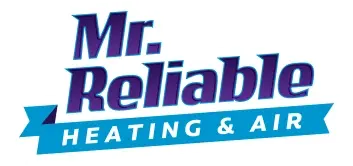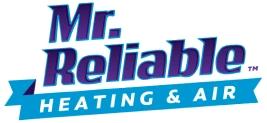Our Service Areas
Dispatching from Houston, TX
At Mr. Reliable, we proudly serve the entire Houston, TX area and its surrounding areas. With years of experience, our dedicated team has built a strong reputation for excellence and reliability. As fellow members of the Houston, TX community, we dispatch from the heart of the area to deliver fast, efficient, and affordable home solutions. Trust us to be your go-to experts for prompt and professional service, and we look forward to providing outstanding service for you!
Mr. Reliable knows the unforeseen issues that effect your home. Our service technicians are apart of the Houston, TX’s community and have the skills, knowledge and tools to fix most home service needs on the spot. Do not hesitate to contact us at (832) 263-1911, even if you are not ready to book a service our knowledgable CSR’s are ready to help.
- Houston
- Alief
- Atascocita
- Bellaire
- Cinco Ranch
- Conroe
- Cypress
- Fulshear
- Hockley
- Humble
- Katy
- Magnolia
- Missouri City
- Montrose
- pasadena
- Pearland
- Pinehurst
- Richmond
- Spring
- Sugar Land
- The Woodlands
- Tomball
- Waller
- Westside
- and MORE!

- HOUSTON
1729 Brittmoore Rd B2
Houston, TX 77043 - KATY
21830 Kingsland Blvd Unit 101A
Katy, TX 77450 - THE WOODLANDS
2002 Timberloch Pl Suite 200
The Woodlands, TX 77380



